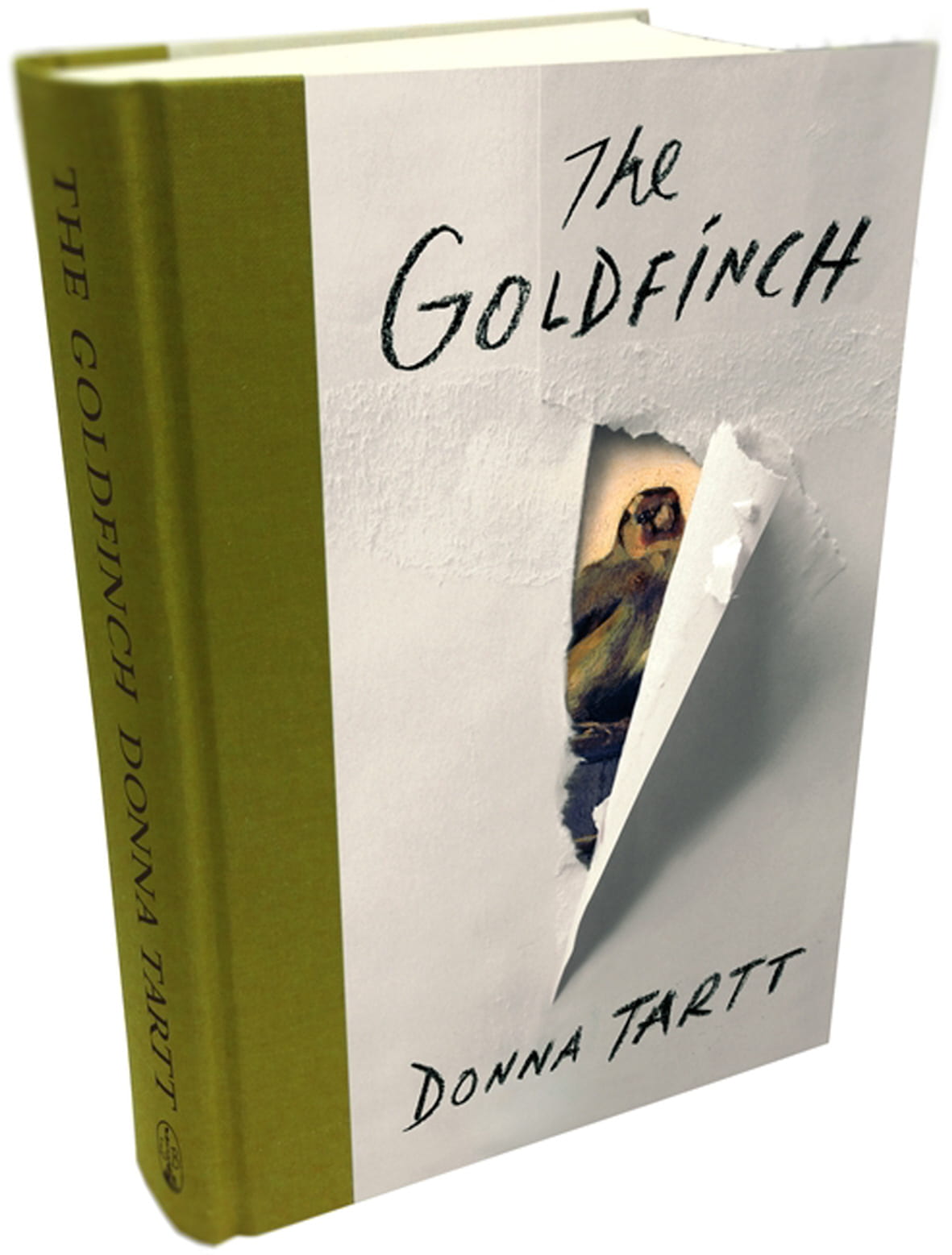I asked the student assistants in the Reference and Research Services Department of Gleeson Library what they read this past summer, and got some very thoughtful book reviews to share with ya’ll! Enjoy the first installment here.
 The Goldfinch, reviewed by Kelsey Weise
The Goldfinch, reviewed by Kelsey Weise
I read some great books over the summer, and even over the past couple years, but none of them hold a candle to the masterpiece that is The Goldfinch by Donna Tartt. With her descriptive and absorbing writing, Tartt tells the fascinating story of Theodore Decker through his first-person narration, from his pre-teenage years up through adulthood. While the writing and plot itself are both fantastic, my favorite part of this Dickensian novel is how Tartt portrays the characters. No character, no matter how seemingly insignificant or unlikable, is unsympathetic; each one is so thoroughly developed that they could just as easily be people you have known personally for your entire life. At the same time, the plot is riveting enough that Tartt’s careful attention to imagery and detail don’t ever get boring or dry. Overall, this emotional, dark, and often even philosophical novel truly does have something in it for everyone. The Goldfinch is both the kind of novel you stay up all night (maybe even two) reading, and the kind that will be eventually taught in schools for its modest brilliance.
All Quiet on the Western Front, reviewed by Andrew Gonzales
Over this summer I read many books, from Cormack McCarthy’s The Road to Marx’s Communist Manifesto, but by far one of the most stimulating books was All Quiet on the Western Front by Erich Maria Remarque. Now, I have a specific spot for generally dark and/or war novels, maybe it’s because my English teacher in high school had me read the genre all the time, maybe cause I like the harshness of a cynical reality rather than rosy endings. Either way, I had heard of this book being a strong retelling of World War One from the perspective of a front line soldier. I was not disappointed in this regard.
All Quiet on the Western Front tells a rapturous tale from almost the beginning of the book. First allowing for sufficient character rapport, the book then delves into the harsh realities of the World’s first modern war, a war which tore asunder the optimism surrounding modernism/progress of the last half century as all that progress was co-opted to make better killing machines. The book is told from the point of view of a German solider, which is a nice in contrast to the Ally-centric view in which we Americans tend to see WWI and WWII. But besides some names and jokes, this could be the story of any young boy on the front. It beautifully exhibits the stresses of war on the soldier’s mind, as well as how war alone came to define the legacy of these soldiers, these young men whose lives are now lost. I highly recommend it to anyone and will read it again sometime soon.
